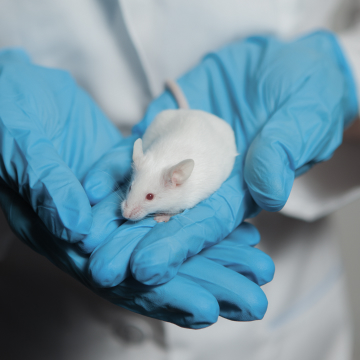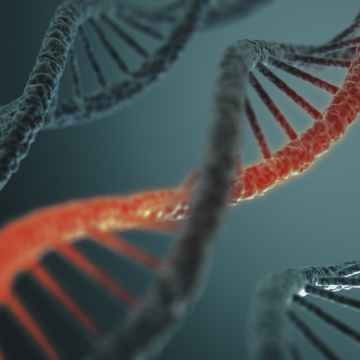Currently, there is a global trend toward replacing animal experimentation. Various testing methods that fully or partially replace animals are being developed and implemented, particularly in fields such as toxicity testing, neuroscience, and drug development.
Experiments can now be conducted without using animals, utilizing alternatives such as organoids (human organ-like structures), organ chips, and harvested animal tissues. These alternative methods are becoming established as effective substitutes for animal experimentation, combining advanced technology with ethical considerations.
Animal replacement experiments involve the application of alternative methods and strategies to achieve scientific objectives without using animals or by minimizing their use. This approach is important not only for ethical reasons but also for scientific, economic, and environmental considerations.
Animal replacement experiments involve the application of alternative methods and strategies to achieve scientific objectives without using animals or by minimizing their use. This approach is important not only for ethical reasons but also for scientific, economic, and environmental considerations.

Animal models may not fully replicate human biological responses in specific environments. Animal replacement experiments introduce new experimental techniques and in vitro models to obtain more accurate and predictable results.

Animal experiments can be costly, and the complex maintenance and ethical issues can lead to increased research expenses. Animal replacement experiments can reduce research costs and enhance efficiency.

Animal experiments can have environmental impacts due to the resources and energy required for animal care. Animal replacement experiments are considered an attempt to minimize these environmental impacts.

Animal replacement experiments encompass various experimental platforms, including cell culture, modeling using artificial intelligence and machine learning, and human resources.

Some countries enforce legal regulations recommending or mandating animal replacement experiments, considering ethical issues and scientific limitations associated with animal experiments.

Dive into the future of biomedical research and product development with our extensive range of materials and applications tailored for precision and innovation.
From small molecules to the intricate world of microbiomes, our solutions are designed to pave the way for groundbreaking discoveries and enhancements in bioresearch.
Our commitment to animal-free research methodologies ensures that these advancements are achieved ethically and sustainably, broadening the potential for scientific progress while reducing our ecological footprint.
Lambda AFS(Animal-Free Solutions) offers a wide range of research services including standard and tumor organoids, immune cells, and comprehensive research support.
Tailored for various scientific needs, our platform enables advanced studies in biology and medicine.
Whether exploring basic biological processes or using cutting-edge models to combat diseases, we provide the necessary tools and expertise for transformative research outcomes.
Dive into our dynamic research environment to advance scientific discovery.